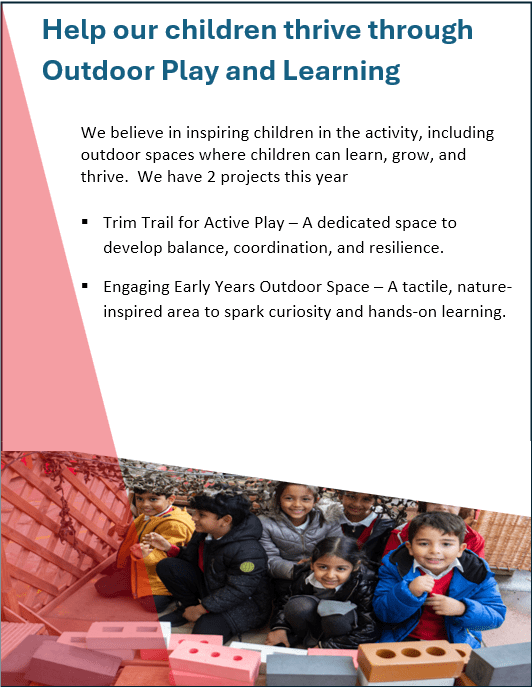At Kestrel Mead all children with English as an Additional Language (EAL) are taught in an inclusive and stimulating environment. Class teachers use a range of strategies to ensure children with EAL can access the learning and curriculum whether they are advanced bilingual or New to English. The children will be able to socialise and interact with their peers who speak English fluently which will allow them to learn the language quickly.
At Kestrel Mead Academy we strive to provide good, inclusive quality first teaching for all our pupils. All EAL pupils are encouraged to engage in whole class teaching, with some scaffolding and adaptations to have the full offer of our creative curriculum. As part of this quality first teaching, we aim to employ a range of teaching strategies that encourage pupil talk and collaborative working, and wherever possible provide opportunities for EAL pupils to use their home language to support their learning in the classroom.
Top Tips for Parents to Help Their Child with English
- Encourage Daily Reading
- Set aside time each day for reading together. Start with picture books and gradually introduce simple texts.
- Ask your child
- questions about the story to improve comprehension.
- Read aloud to your child regularly to model pronunciation and fluency.
- Make English Part of Everyday Life
- Label everyday objects around the house (e.g., “door,” “table,” “window”) in English.
- Encourage your child to use English in daily activities such as shopping, cooking, or playtime.
- Play Language Games
- Play games like word searches, crossword puzzles, or memory games to make learning fun. Apps like Duolingo or Endless Alphabet can make learning
 vocabulary exciting.
vocabulary exciting.
- Be Supportive and Patient
- Learning a new language takes time. Celebrate small achievements and encourage your child to keep trying.
- Allow your child to make mistakes – this is a normal part of the learning process.
- Encourage English Conversations
- Engage in simple conversations in English. Don’t worry about perfect grammar; the focus should be on communication.
- If your child feels shy, encourage them to speak at their own pace.
- Use Technology and Online Resources
- Use educational websites or apps designed for language learners. These resources often include videos, quizzes, and interactive lessons.
- Visit English-Speaking Events
- Take your child to English-speaking events, such as story time at the library, family movie nights, or cultural activities.
- This can help them become more comfortable with the language in a fun, real-world context.
Helpful Resources for Parents:
- Websites for EAL Learning
- BBC Bitesize – Free educational resources for English language learners.
- ESL Games Plus – Offers fun, interactive games to improve English skills.
- EnglishClub – Resources for both children and parents to improve English.
- https://learnenglishkids.britishcouncil.org/
- https://www.eslgamesplus.com/fun-games/
- https://www.bbc.co.uk/bitesize/articles/z7mjmbk#zfdg239
- https://www.novakidschool.com/games/#school_items
- Mobile Apps
- Duolingo – A free app that turns learning English into a fun, gamified experience.
- Learn English Kids – Offers stories, songs, and games designed for young learners.
- Books to Support EAL Learners
- “The Very Hungry Caterpillar” by Eric Carle – Great for younger children to learn simple vocabulary.
- “I Am Enough” by Grace Byers – A beautifully written book for young readers to learn positive language and self-love.
- “English for Everyone: English Grammar Guide” – A clear and easy-to-understand grammar resource for older children.
- Local Language Support Programs
- Check with your local library, school, or community centre for free resources and programs that may help.
- Many libraries offer free access to books and learning tools for EAL learners.
- YouTube Channels for English Learning
- Super Simple Songs – A fun channel that teaches English through catchy songs.
- Storyline Online – A channel where actors read popular children’s books aloud.
EAL Policy
Subject Champions
Miss C Wibberley & Mrs S Hafiji
Subject Leader/s
Mrs A Goulding



 Be The Best That You Can Be
Be The Best That You Can Be